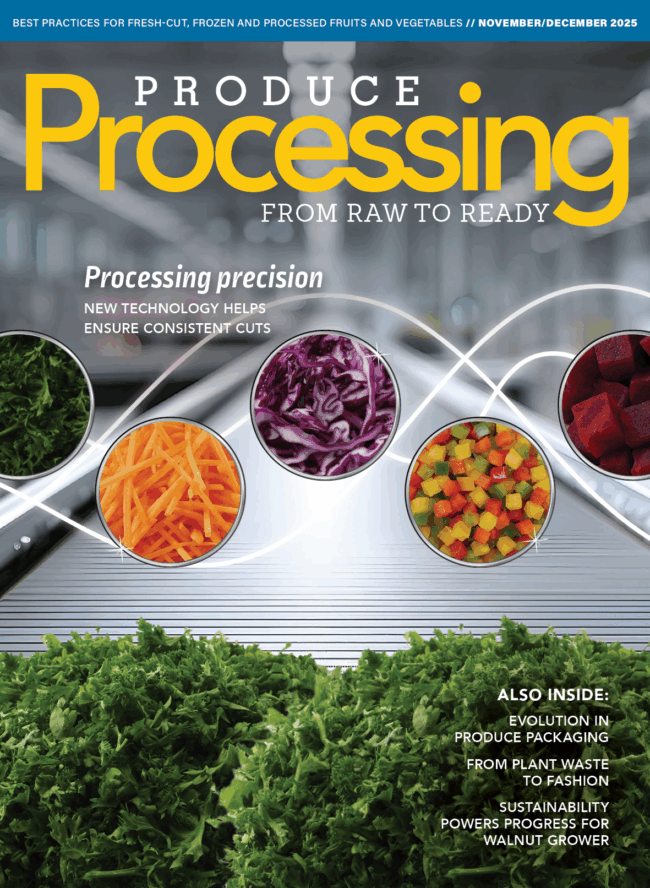Trump suggests plan for undocumented farmworkers to gain legal status
President Donald Trump has floated a plan that could allow undocumented agricultural workers who voluntarily leave the country to gain legal status upon re-entry.
During an April 10 Cabinet meeting, Trump suggested that farmers could help retain key workers by submitting letters of recommendation to delay deportations and support legal re-entry.
“A farmer will come in with a letter concerning certain people saying, they’re great, they’re working hard, we’re going to slow it down a little bit for them and then we’re going to ultimately bring them back. They’ll go out, they’re going to come back as legal workers,” Trump said in comments reported by NBC News.
It was unclear what Trump meant by “slow it down a little bit for them.” The administration has been focused on arresting, detaining and deporting undocumented immigrants.
“We’re going to work with them right from the beginning on, trying to get them back in legally. So it gives you real incentive. Otherwise they never come back. They’ll never be allowed once a certain period of time goes by, which is probably going to be 60 days,” Trump said.
In response to an NBC News request for more details, White House spokesman Kush Desai said the Trump administration “is committed to delivering on the mandate that the American people gave to President Trump with a whole-of-government approach to secure our borders, enforce our immigration laws, mass deport criminal illegal migrants, and put America First.”
According to the Department of Agriculture, around 40% of crop workers — roughly 500,000 individuals – are undocumented. Farm groups have warned that large-scale deportations could severely disrupt the food supply chain.
Homeland Security Secretary Kristi Noem said during the meeting that undocumented individuals must register with U.S. Customs and Border Protection or face potential charges.
The Joint Economic Committee reports immigrant labor contributed nearly $50 billion in personal income and consumer spending in 2024 alone. The White House and USDA have not released further details on implementation or H-2A visa expansions.










